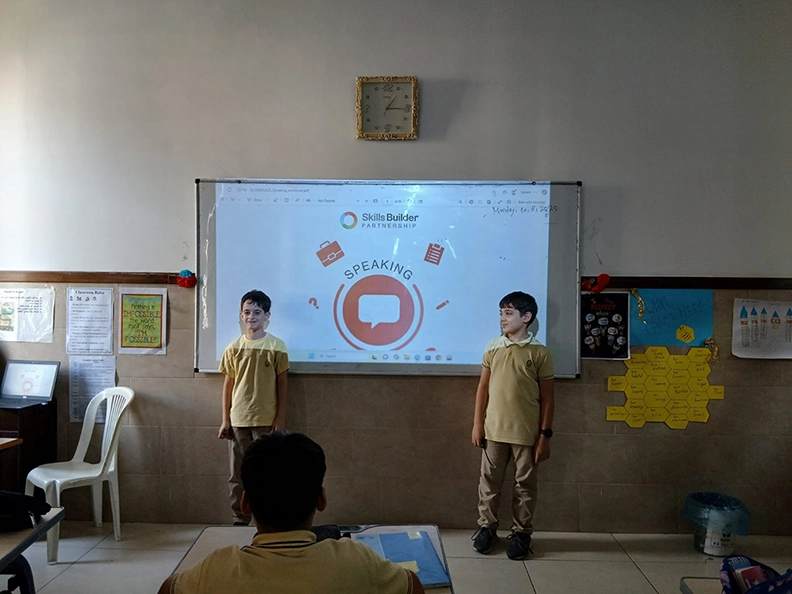
For the past decade, Skills Builder Partnership has engaged with thousands of dedicated educators across more than 20 countries, collaborating with primary schools, secondary institutions, specialist settings, and colleges. Despite the diversity in educational settings, one critical insight has emerged with remarkable consistency: effective essential skills development adheres to a unified, evidence-based blueprint.
Educators demonstrating exemplary practice rigorously apply six core principles. These are not merely conceptual ideals, but rather tangible, actionable strategies that ensure essential skill acquisition is clear, measurable, and impactful for every learner, regardless of their background or location.
The Six Principles for Maximising Learner Potential
These principles constitute a framework for systemic success, empowering educators worldwide to cultivate the essential skills necessary for their learners to thrive.

1. Keep it Simple
Effective educational organisations establish a simple, consistent set of essential skills, anchored by the Universal Framework. They ensure these skills are clearly defined and use a uniform vocabulary across all stakeholders- learners, educators and the wider community. This dedicated consistency eliminates confusion and establishes skills development as a universally shared priority.
2. Start Early and Keep Going
Highly successful educators regard essential skills as foundational to all learning and broader personal development, moving beyond the perception of them as a last-minute intervention for employment. They embed skill-building practices from the earliest stages of education and sustain this focus throughout the entire educational journey, thereby promoting deep mastery over time.
3. Measure It
Effective management requires reliable data. These institutions diligently assess their learners' existing strengths and developmental needs within the essential skills domain. This data is then utilised to establish clear developmental goals and systematically track progress, ensuring every learner remains on a distinct, successful trajectory.
4. Teach Directly
Informed by a precise understanding of learner attainment (Principle 3), effective educational practice dictates a tight focus on the next developmental step. This approach rejects passive acquisition, instead mandating explicit, direct instruction on the specific strategies needed to develop the essential skill step, dedicating focused time for targeted teaching.
5. Keep Practising
Skill acquisition must be reinforced and externalised. Leading schools actively reinforce essential skills across diverse curriculum areas and extracurricular activities. They maximise opportunities for practical application, often achieved by collaborating with external impact organisations whose programmes provide relevant, real-world contexts for skill deployment.
6. Bring it to Life
Skills attain real-world value when learners grasp their genuine purpose. Educators successfully implement this principle by facilitating learner engagement with projects and challenges that authentically demand these skills. This may involve integrating the working world into the learning environment, unequivocally demonstrating the utility of these skills across the learners' lives.
Translating Principles into Practice
These six core principles give you a comprehensive foundation for effective skills instruction.
But how do you measure success? The exciting news is that the journey of full implementation is clearly benchmarked by the Skills Builder Award (Bronze, Silver, and Gold indicators). These award levels serve as practical, tangible metrics, illustrating exactly how the six principles are being realised within specific classrooms, schools, or college environments.
To find out more about how the principles have been applied in a wider range of educational contexts, explore the Case Study Showcase.




